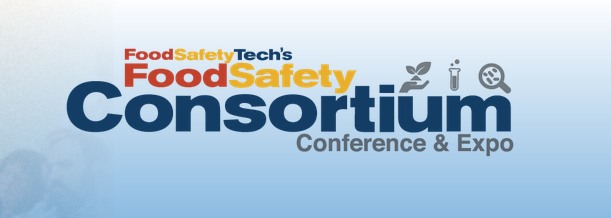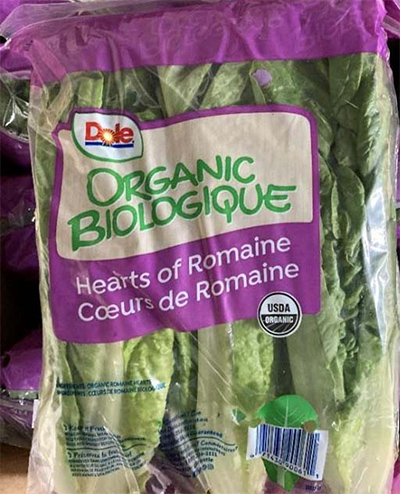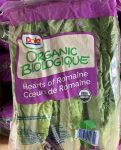Color-coding as a quality assurance and safety measure has been on the rise since the passage of FSMA in 2011. Now, 10 years later, color-coding is being used in a wide range of industries from food manufacturers and processors to pharmaceutical developers and even brewers. As the popularity of the practice of color-coding has increased, so too has the market for color-coded tools. Nowadays, those in the industry can find virtually every high-quality cleaning tool under the sun, and a hygienic tools storage option for that tool in the color needed. The improved quality and availability of these products is wonderful, but nice tools alone cannot ensure a successful color-coding plan. Color-coding compliance is only possible when there is team-wide buy-in. That means meeting the team where they are—making the plan important to every single employee who steps onto a production floor. To do that, it needs to be introduced in an inclusive manner. The following are some tips for creating and implementing an inclusive color-coding plan.
Draw Up the Plan With Folks Beyond Management
Before you ever lock in a color-coding plan—whether you plan to color-code by zone, by allergen or by shifts—you first need to consult a wide range of team members. One common mistake is developing a color-coding plan with only quality assurance experts and those in management. This presents a problem for a couple of reasons.
One, you’re missing out on the perspective of those who will most often be asked to execute the plan. Say you choose the color purple as one of the colors in your color-coding plan, and you purchase all of the tools you think you will need in that color. You roll out the plan only to find out there’s an essential tool you need, and it doesn’t come in that color. You now have a problem on your hands, and a costly one at that, as you’re going to need to start over with a new color and new tools.
Beyond needing that on-the-ground perspective, you miss out on a key opportunity to gain buy-in early on from those who will be directly involved in carrying out the plan. Do yourself a favor and invite shift leaders to the table. Explain to them what you would like to do with a color-coding plan and listen to any advice they might have on executing a plan everyone is going to want to see succeed. Generally speaking, it pays to go with a big-tent approach to planning, so spend some time thinking about which parties should be represented in the planning process to capture all of the varying viewpoints of those at your facility.
Ensure the Plan Is Color-Blind Friendly
As selecting colors is one of the most important things you do in drafting a color-coding plan,pay special attention to the colors themselves. Color-blindness affects 1 in 12 men and 1 in 200 women—certainly not a negligible amount, and something you want to take into consideration.
Once you figure out all of the tools you need, determine which colors can accommodate those needs. From that list, try to avoid the most commonly confused color pairings in your plan. Red and green, green and brown, green and blue, blue and gray, blue and purple, green and grey, and green and black are the most commonly confused. If possible, avoid using those color combinations. Instead, opt for high-contrast options such as orange and purple, purple and yellow, or blue and yellow to name a few.
Some people will also look to shades to help achieve a higher contrast. For example, lime green and a maroon red is much better for a color-blind person than your standard royal red and shamrock green. These days more tools are available in varied shades but, again, you need to ensure that you’re able to get every tool you need now—and in the foreseeable future—in the color you pick.
Should you need to use colors that are not high-contrast, do your best to keep those tools separate. If you are color-coding by zone, use the most commonly confused color combinations on the opposite ends of the facility, where they are less likely to swap places. You can also help by using tool storage boards such as shadow boards or wall racks that are color-coded to match the tools. That way, tools always go back to the same place after each use.
Employ Multilingual Trainings and Signage
Generally speaking, the food industry is particularly diverse, and many facilities employ staff whose first language is not English. Work with your HR team and managers to identify which languages are primarily spoken among your staff and ensure you can offer trainings on the color-coding plan in all of those languages. Frequently, facilities have employees who are multilingual and can therefore translate during a training session. If not, it may be wise to hire a translator. This presents a nominal fee, whereas an employee failing to follow a color-coding plan could have disastrous consequences.
It is also important to ensure that any signage you have explaining the color-coding plan is available in the primary languages of the employees.
Make Use of Different Teaching Methods
Just as in the classroom, employees come to work with different learning styles. It’s up to the employer to meet those different needs with varying teaching styles and materials that speak to the importance of the color-coding plan. For the auditory learners, an all-hands meeting where a leader explains the importance of color-coding is going to be great. For the visual learners, handouts and permanent signage throughout your facility will be appreciated.
Meanwhile, tactile learners might want to run through a practice of grabbing tools, seeing where they will be used and returning them to their designated storage spot to see the plan in action. While asking employees to go through these different teachings might draw some eye-rolls for those who feel they grasped the concept the first time, the exercise might help make the color-coding plan click for someone who struggled to understand what they were being asked to do. Additionally, repetition helps all learners, so revisit these trainings to refresh veteran staff and bring newer folks up to speed.
Invite Feedback
Finally, invite employees to share feedback with you along the way. An inclusive culture is one that allows everyone to have a voice. Make it clear that team members are welcome to share any feedback they have on the color-coding plan, the trainings and tools along the way. Once again, in the interest of accommodating everyone, it’s a good idea to offer multiple avenues for feedback reporting. You might like to invite employees to share feedback directly with managers and also offer an anonymous suggestion box that gets checked regularly. Every facility and every staff has unique needs, so listening to the suggestions that come your way can help shed light on important considerations.



















